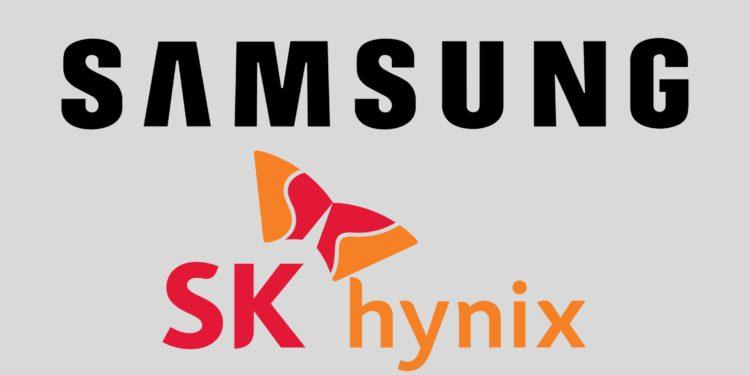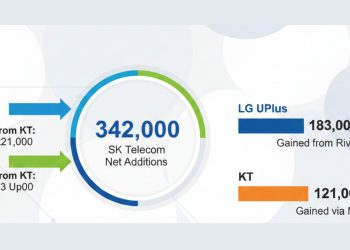OpenAI CEO Sam Altman recently traveled to South Korea to meet with executives from leading semiconductor chip manufacturers Samsung Electronics and SK Hynix. Reports suggest that these meetings aimed to explore the possibility of forming an alliance for the development of AI chips.
It is speculated that OpenAI, under Altman’s leadership, is considering the prospect of producing its own AI chips, signaling a potential shift in the organization’s strategic direction.
Altman’s visit to South Korea showed his growing concern over the shortage of chips for AI systems. With Samsung and SK Hynix’s expertise in High Bandwidth Memory (HBM) technology, essential for AI chips, Altman explored potential cooperation and investment opportunities in AI chip production.
Reports from ETNews suggest that Altman expressed interest in procuring HBM from both Samsung and SK Hynix, indicating a possible collaboration in developing AI chips.
During his undisclosed visit, Altman reportedly toured Samsung’s semiconductor chip plant in Pyeongtaek, accompanied by Samsung Device Solutions CEO Kye Hyun Kyung.
Following the plant tour, Altman is said to have met again with Kyung at Samsung’s headquarters in the Seocho District. Similarly, Altman allegedly engaged in discussions with top executives from SK Hynix, including CEO Kwak Noh-jung and Chairman Chey Tae-won, focusing on potential strategic cooperation for advanced semiconductor chip development tailored for AI systems.
Experts suggest that such collaboration among industry leaders will hold promise for enhancing AI capabilities and driving down production costs, with the outcome of these talks shaping the semiconductor industry.
SK Hynix, the world’s second-largest memory chip maker, holds strategic importance in OpenAI’s plans to establish an ‘AI Chip Alliance’ in collaboration with Samsung. This alliance aims to attract investments from other firms, with Altman reportedly seeking trillions of dollars in funding for the project.
Samsung Electronics’ recent collaboration with Google on generative AI aimed at advancing AI capabilities. Samsung’s latest Galaxy smartphone features exclusive Android AI functionalities, highlighting the company’s direction towards AI in consumer electronics products.
If OpenAI partners with Samsung, it could leverage Samsung’s DRAM, HBM, and NAND flash chips for designing its own chips. Furthermore, Samsung Foundry’s advanced semiconductor fabrication methods could facilitate manufacturing these in-house chips.
HBM, crucial for AI processing, is predominantly controlled by Samsung and SK Hynix, holding a 90% market share. Reports suggest that Altman has already discussed his plans for AI chip development with U.S. Congress members, emphasizing the initiative’s strategic importance.
Altman is currently engaged in discussions with potential major investors, including Abu Dhabi-based G42 and SoftBank Group Corp, to establish a multi-billion dollar global network of AI chip factories.
Taiwan Semiconductor Manufacturing Co (TSMC) is allegedly involved in these negotiations. The resulting chip entity could function as an independent company with OpenAI as its primary client or operate as a subsidiary of OpenAI.
In parallel, OpenAI’s partner Microsoft, which holds a 49% stake in OpenAI, recently unveiled its own AI chips in November 2023. Microsoft is actively collaborating with Nvidia competitor AMD, indicating a concerted effort to strengthen its presence in the AI hardware market.
Also Read:
- KT Corporation Shuts Down NFT Platform MINCL Amid Shifting Business Landscape
- South Korea Unveils ‘Korean Reaper’: Advanced Spy Drones Strengthen Military Surveillance over North Koreavisit
- OpenAI CEO Sam Altman Explores Semiconductor Collaboration with Samsung and SK Hynix in South Korea
- South Korean Government Elevates Support for U-Turn Investments in High-Tech Sectors
- Hyundai Mobis Innovates with Human-Centric Lighting for Future Mobility Environments







